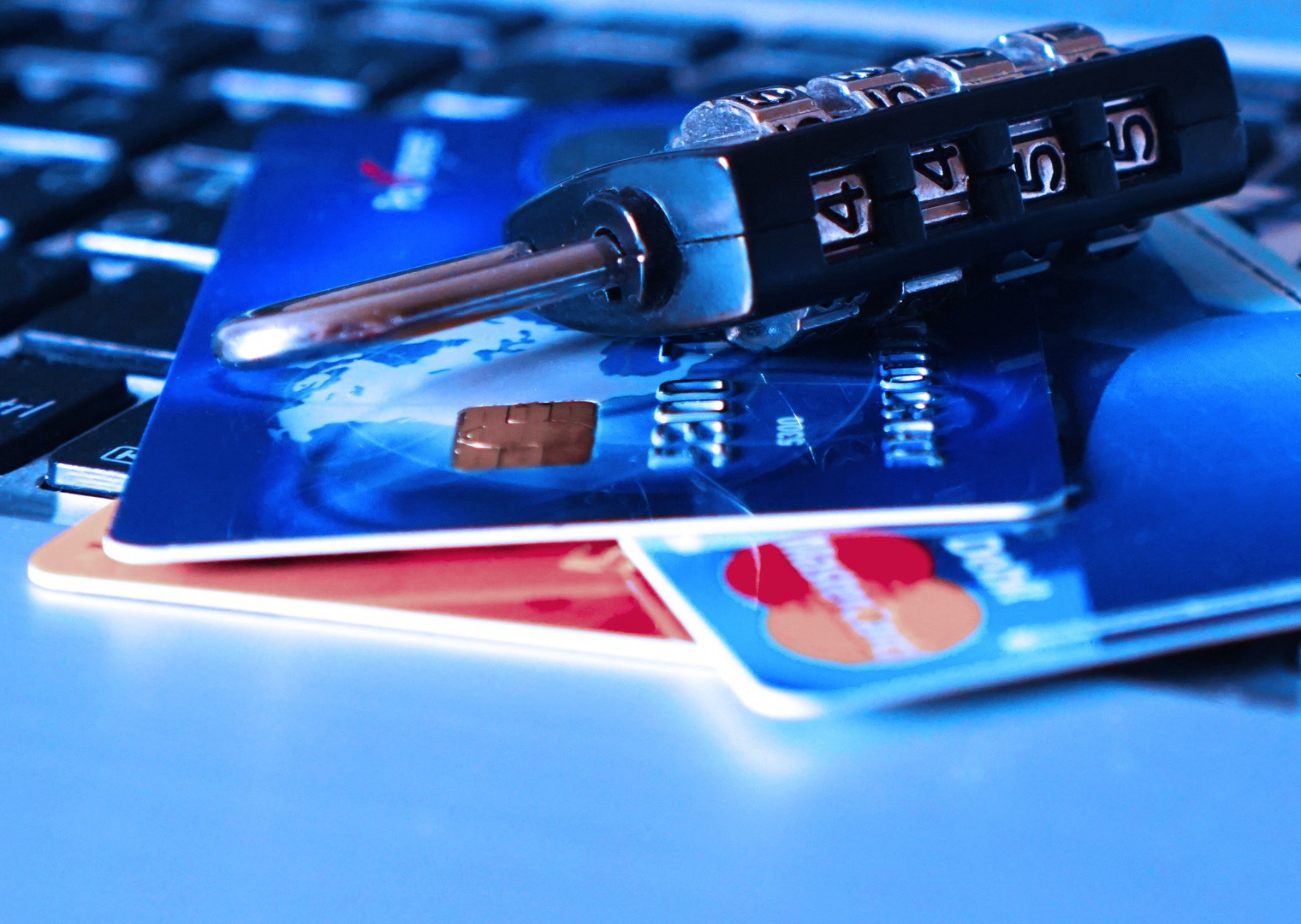
We all hear about identity theft, but nobody really takes it seriously until it happens to them, and then it’s a major disaster. Identity theft can be small, or it can be large, but in all ways, it is not good for you. It can ruin your credit, put you in debt, and can cause legal problems. Imagine suddenly having an arrest warrant out for you, when you have done nothing because someone that is using your identity committed a crime. You might spend a few nights in jail until you can prove otherwise. Is that really worth taking the risk? On a smaller scale, people might pretend to be you in emails or sign up for websites, or it can be on a larger scale, getting access to your social security number and applying for loans and credit cards. Small identity theft, if not fixed, will grow to large identity theft pretty fast. Here are some things you can do to prevent it.
Lock your credit report
You can actually lock your credit report so nobody can run credit checks against it unless you give the ok. This is not 100% perfect for stopping identity theft, but it will stop most lines of credit or credit cards that a thief might try and get in your name.
Come up with a password scheme
One of the biggest weaknesses for identity theft is passwords. People don’t want to spend the time making different ones, or complain that they can’t remember them. If you use the same password on your email, as you use on that other site you joined for greeting cards or investment advice then you are just opening yourself up for disaster. If they get that password from the unimportant site, they can get into you important sites, and take you for everything you have. Come up with a password scheme. You can use one password for all sites that aren’t important and different, more complex ones for the sites that are. Or make a formula based on the sites name and some other criteria, so that every site you go to you can put a different password in, but you can figure it out easily, even if you haven’t been there for years. You just have to remember a single formula.
Check your credit report for credit inquiries.
Check your credit report regularly. Make sure there are no queries or lines of credit that popped up on there that you don’t know about. There are many services that do this for you, though you don’t really need them, as you can request reports yourself.
Check your credit card statements
Don’t just pay your credit cards. Go through them line by line and mark anything that you are not sure of. It is surprising how many people have false charges on there and don’t notice for months. Remember, it’s your money, and it takes no more than 5 minutes check a credit card statement before you pay it. If there is anything you don’t recognize, you can call the credit card company and ask for clarification.
See if your data has been compromised
There are sites online that will tell you if your password and info have been leaked. As really there are dozens of sites, banks included, that were hacked and millions of people’s personal data was lost out to the internet. Other than a few new stories, people tend to forget that that data is still out there. So have a look on the internet and do a search on the companies that you use and see if they had a data breach. If so? Then you need to go and change your passwords.
Do not give anyone your information.
In the world of social media, there is also a lot of social engineering. That can be from phone calls or fake websites. Do not give anyone your personal data, especially your social security number. Make sure any sites you sign up for are legitimate. Most legitimate sites will only require your email and sometimes name. If it is a banking site, of course, it will require more, but, you just have to make sure that the site you are on, is real. And if anyone calls? There is never, and we repeat never, a reason to give them your personal information. If they call you, they should have it already.
Your identity is like your money, be careful with it, don’t give it away. There are services online that will help protect your identity, but really the one that needs to protect it is you. Realize that anyone you don’t know cannot be trusted with personal information like that. Realize also that some people you do know shouldn’t be trusted either. Often a relative is the one that steals your identity to use your credit. You know your relatives; do you know anyone that would not surprise you if they did? It’s a bit of a sad world when you have to be so careful, but with the advances of technology today, identity theft is deadly serious, and you have to make sure you are safe from it. Be careful out there.